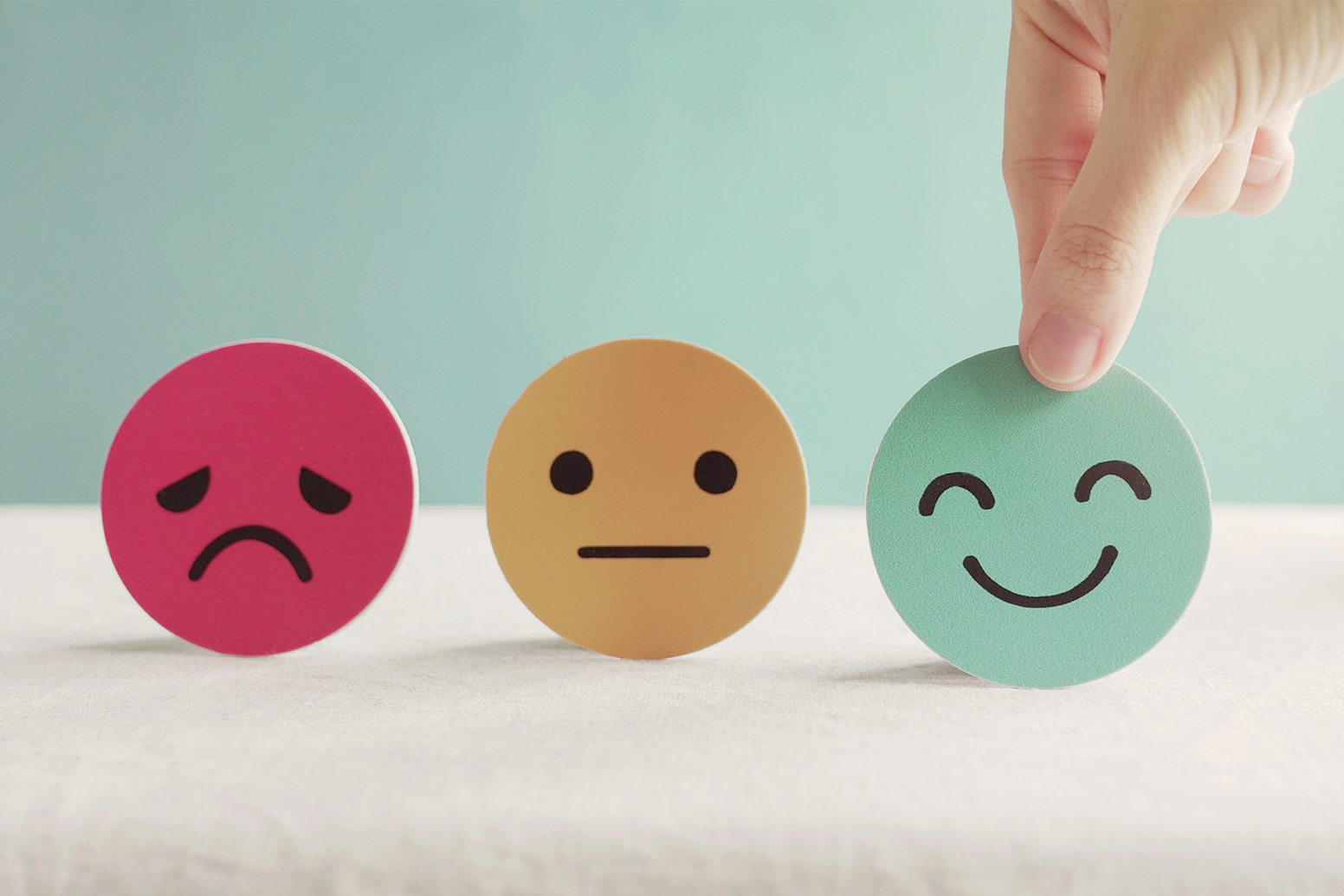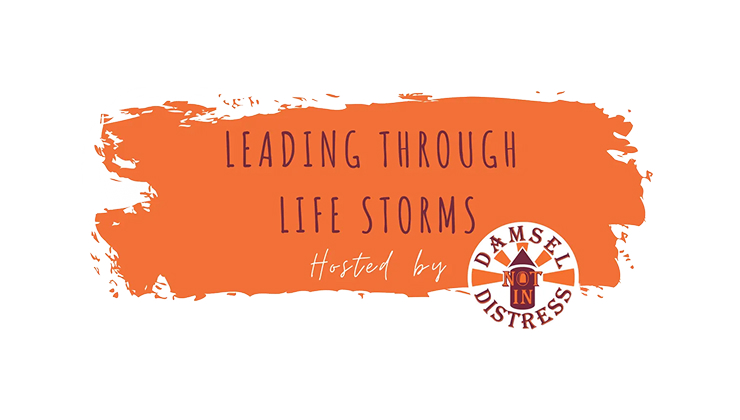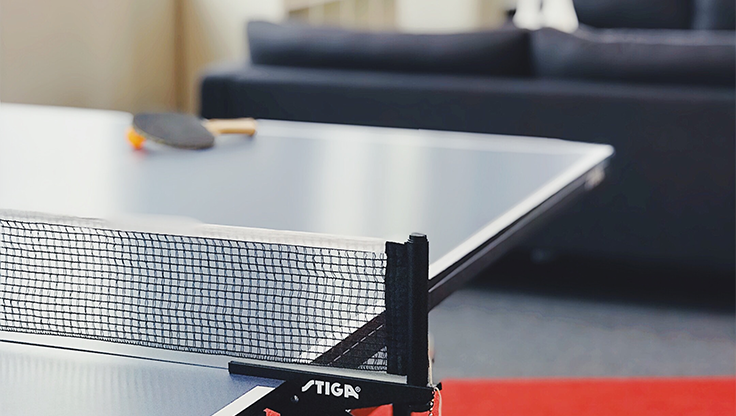
When you Google physical health, the first page of results is about health promotion, the benefits of exercise, how physical health is essential for wellbeing and that physical and mental health are both important.
Google mental health and the first page of results are about problems, disorders, definitions of different conditions.
This gives a subtle yet crucial message. That when it comes to our mental health, we need someone else to help us. It suggests we are not resourceful. Yet this is NOT the case. We can adapt and learn. We can create habits that move us from surviving to coping and thriving. We can stay resourceful.
Every time you hear someone tell you how bad things are and that the only way to better mental health is to wait for conditions to change, is giving you the message, you cannot make a difference to how you feel. Of course, lifting restrictions and being able to hug my grandchildren would most certainly lift my mood. And I realise that until we can find a safe way globally to move around again in a way that doesn’t compromise life, then that moment might have to wait.
I would like to encourage you to recognise that there are things you can do today that will support you to feel better. You have more resources than you think. You do not need to believe the story that the only way out of feeling rubbish is to wait for the external conditions to change.
You are resourceful, you can change your mind, you can believe that you will get through this. My go to when I’m doubting that sentiment is to Victor Frankl in his book Man’s Search for Meaning. In it he speaks from very challenging lived experience as an inmate in a concentration camp during the second world war. He shows that our innate desire to survive and need to connect are precious and that even when we believe there is no hope, we can find it within.
Spot what you do that keeps you feeling down.
What lifts you up or takes you down? If watching news or social media brings you down, stop watching it. Limit exposure. I’m hearing plenty of people saying facetime and phone calls are better than zoom, google meets or skype for feeling connected. Try it and see if it helps. If you are avoiding exercise that will impact your mood.
We have learnt how not to thrive. I learnt how not to thrive. There is an absurdity in the way we live as an “intelligent” species. Take responsibility for those actions or inaction that makes you feel low. Know that you can create actions that improve your mental health.
Track what changes your mood – up and down – and what keeps it the same?
Start to notice what boosts or lowers your energy and your mood. Notice what keeps it the same. Many of the people I speak with are tired, fed up and challenged by our current dilemma. And it is a global dilemma that we must pay attention to the impact we have on others. Until we can all be safe, none of us can.
So, we can dive into our resources, we can tell ourselves that we’ve got this, and one day life will have more ease and less struggle.
Here are 5 things that you can do.
- Take 10 minutes in every day to do something that makes you smile
Some client examples; dancing in the kitchen to some good tunes like no-one is watching; tickling your children – their laughter is so contagious; watching the antics of animals, cats’, dogs, for me its my chickens.
- Speak to someone who can lift your mood today
This might be a friend; a family member; a neighbour. Be ready to reciprocate – conversations that matter can make you feel connected which can lift your mood.
- Do something to get your heart rate up
Can’t get out? March on the spot every time the adverts come on; Do star jumps or squats while the kettle is boiling; walk briskly for 30 minutes; play tag with your kids.
- Make good or better food choices
Our brains need oxygen and glucose so healthy choices can help us stay alert and focused rather than sluggish.
- Prioritise good sleep
Sleep does make a difference to how we feel. Can’t sleep then maybe you are not exercising enough in the day or are taking naps. If you don’t wake up refreshed take a look at what you can change to improve it. Mind.org and the NHS website have tips. If you like a bit more science, Matt Walker and Why we Sleep is an informative read.
Change your story
You’ve got this. This time will pass. You are more resourceful and capable than you realise. You can change. You can build capacity and capability. Change the story you tell yourself about what you are capable of. You have a depth of resourcefulness that you might not be able to see just yet.
If you are reading this and feeling you are at crisis point reach out to Samaritans – CALL 116 123; Shout TEXT 85258 where someone real will be there to listen and help you find some resources.




